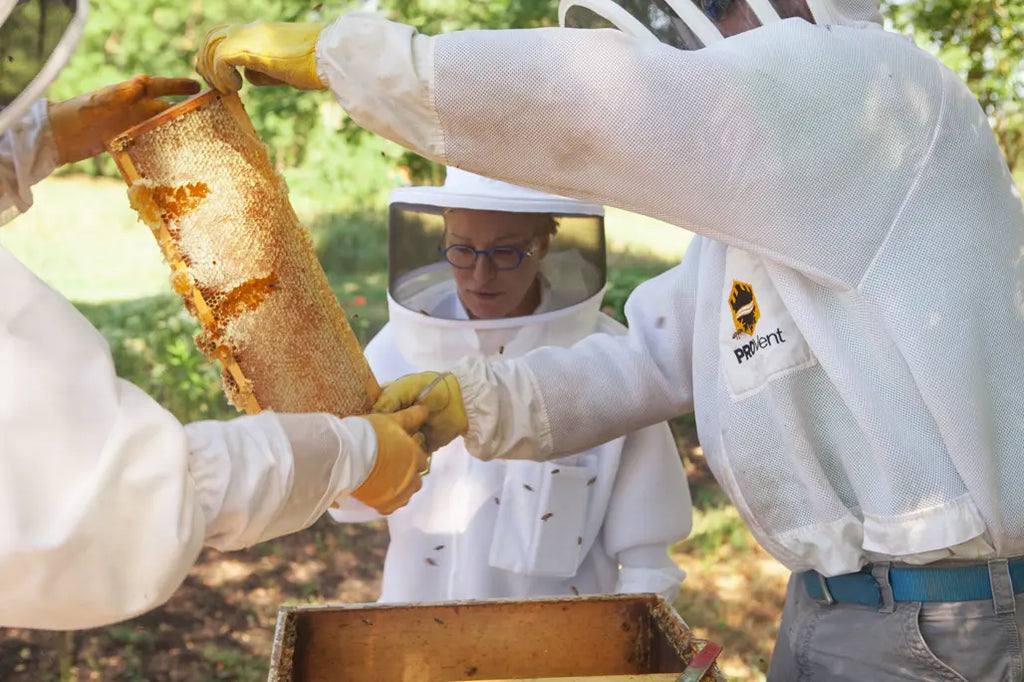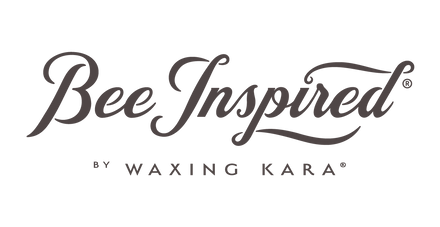Have you ever stopped to think about the role honeybees play in our food chain? If you haven't, it's time to start. The importance of honeybees only came into focus in the last decade, and with the emergence of Colony Collapse Disorder, it has become clear just how vital these little pollinators are to our world. In addition to their pollination services, honeybees produce honey, an ingredient loved and used by millions of people every day. This blog post will explore why buying local honey matters, not just to support the beekeepers who work tirelessly to care for these important insects, but also for the benefits it provides to our local communities and the environment.

The honeybee population has faced numerous threats in recent years, including varroa mites, disease, starvation, and pesticides. These conditions have contributed to Colony Collapse Disorder, which has had a significant impact on honey production. Buying local honey is an excellent way to support beekeepers who are working to address these issues. Local beekeepers are more likely to have hives that are healthy and not overworked, providing better honey production, and more effective pollination services. By choosing to buy local honey, you can directly support the beekeepers who are working hard to protect these vital insects.

In addition to supporting beekeepers, buying local honey provides a range of benefits to our local communities. Local honey is often fresher and more flavorful than mass-produced honey found on store shelves. It also often reflects the unique flora and fauna of the area surrounding the hive, giving it a distinct and delicious taste. As more people have become interested in buying locally-produced food, local honey has become popular. Local honey is frequently found in artisanal food stores, at farmer's markets, and community events. This means that by choosing to buy local honey, you can also support other local businesses and the local economy.
Another benefit of buying local honey relates to the growing demand for organic and unaltered food. As more people become concerned with the potential harmful effects of synthetic and genetically-modified foods, they are returning to pure, natural foods. Local honey produced by small beekeepers is often untreated, unfiltered, and unpasteurized. This means that it is a more natural food source and contains more beneficial enzymes, nutrients, and pollen. Buying local honey can provide a safe and healthy alternative to mass-produced honey that may contain additives, preservatives, or other contaminants.

Of course, all of these “best practices,” “organic,” “natural” and “non-GMO” designations aren’t worth a tinker’s damn without great taste. This is where, for many years, mass-produced foods seemed to have an edge. Put in enough salt, sugar, MSG and "glutamates in disguise" and other palate-pleasing additives to any food, and it would go down easy. Everything from soups to syrups and peanut butter to potstickers was so loaded up with artificial ingredients that the real food got lost in the shuffle.
While tasty, these foods jacked blood sugars, clogged arteries, and destroyed healthy digestive systems.
Enter local honey producers making all-natural products. We had discovered the mother lode of opportunities. For my part, I wanted to ensure the purity of my product, we farm crops for the bees. It’s natural and raw. We don’t blend, colorize, infuse, pasteurize or boil it. It’s minimally filtered and kosher.
As for taste…well, we’ll let your palate tell the rest of that story.
Now that specialty food producers have gone from having a toehold to a foothold in the local marketplace, look for increasing varieties and options—a true return to growing local, buying local and consuming real food—not a chemical substitute.

Do you know that 1 of every 3 bites of food we take comes from a pollinated plant or an animal that depends on bee pollination?
If you are concerned about what to do to help local beekeepers—buy honey and hive products from them. And, learn more about how dying bees are affecting our lives.
Protect the bees:
- Sponsor a hive. Most beekeepers are not earning a profit on what you are buying from them. Ask if you can sponsor their hive. Create a neighborhood collection to encourage experienced beekeepers to keep more bees.
- Volunteer in a bee yard. Beekeepers could use help.
- Grow a pesticide-free pollinator garden in your community.
- Take a basic beekeeping class to see if this is a good hobby for you. Be prepared for hard work and lots of ups and downs until you figure out the rhythm of the bees.

The importance of honeybees
The importance of honeybees to our food chain only became clear in the last decade, and with the emergence of Colony Collapse Disorder, it has become evident how crucial these insects are to our ecosystems. As a result, buying local honey has emerged as a critical way to support beekeepers and the honeybee population. Moreover, buying local honey benefits our communities by supporting local businesses and the local economy, while also providing a healthier and more natural food source. So, the next time you reach for a jar of honey, consider choosing local honey instead. Not only will it taste better, but you'll also be supporting the environment, beekeepers, and your community.


